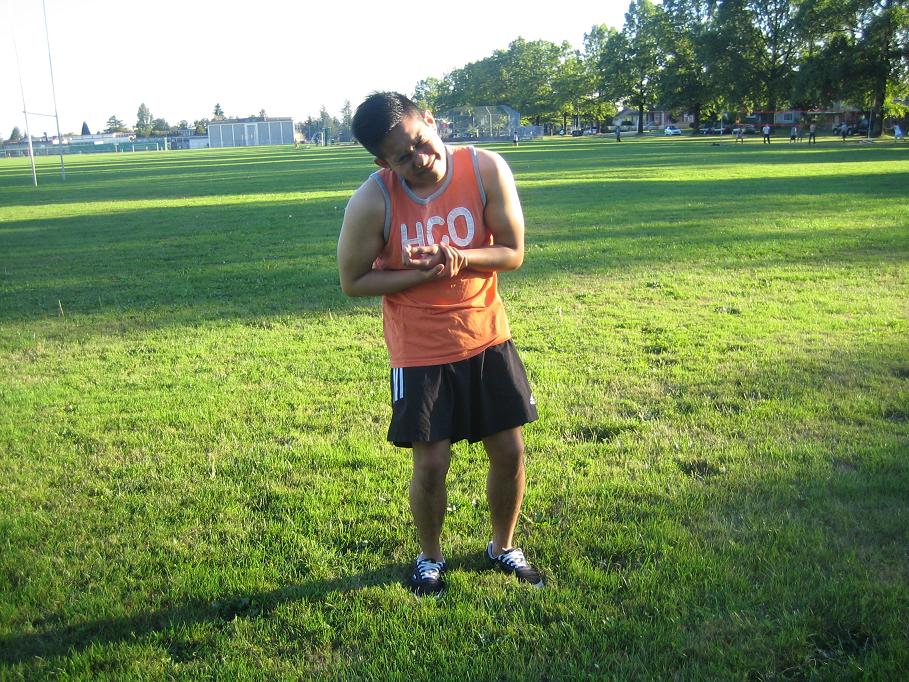Atrial fibrillation: Close look on blood clot formation
Atrial fibrillation is a form of heart arrhythmia or erratic heartbeat. There are electrical impulses that enable each part of the heart to beat harmoniously with the other parts. If an individual has atrial fibrillation, the electrical signals are disorganized which causes the atria to beat chaotically, thus disrupting with the normal flow of blood. […]
Atrial fibrillation: Close look on blood clot formation Read More »





